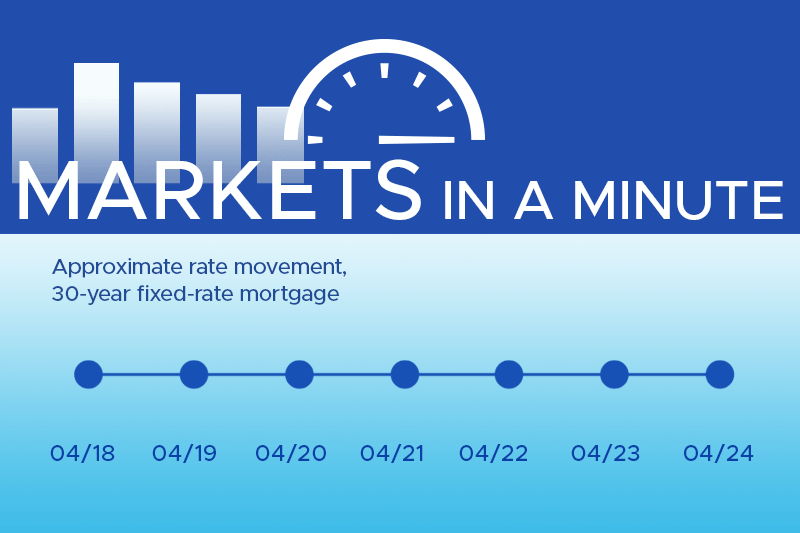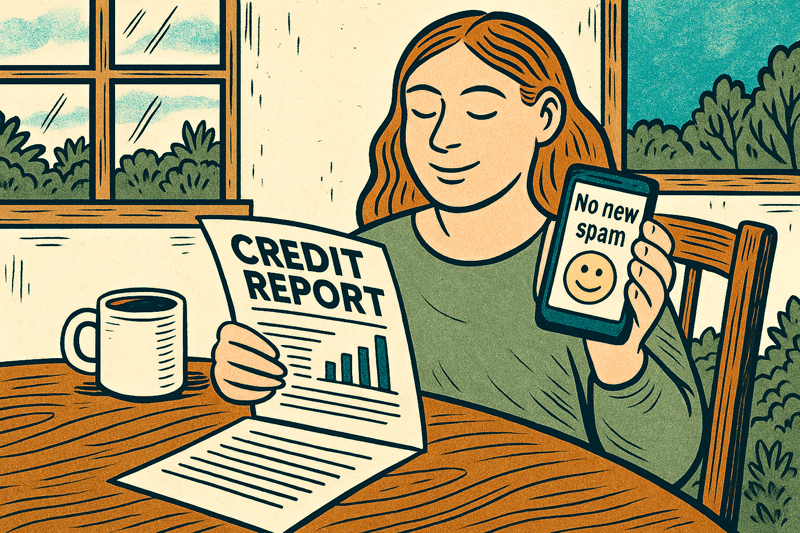At Thompson Kane, we stay ahead of shifting market trends so you don’t have to.…
Buying a Home with Student Loan Debt: Strategies for Success
Student loan debt is a significant financial burden for many Americans. Balancing these payments while saving for a home can feel challenging, but having student loans doesn’t mean homeownership is out of reach. With the right strategies, you can manage student loans and still achieve your dream of buying a home. Here’s how you can navigate buying a home while carrying student loan debt and position yourself for success…
1. Assess Your Financial Situation
Before starting the home-buying process, it’s important to review your financial health. This includes your student loan balance, monthly payments, income, savings, and other debts. Your debt-to-income ratio (DTI) plays a key role in how much home you can afford. Most lenders prefer a DTI below 43%, which includes all your monthly debt payments and your potential mortgage payment. However, when working with a lender like Thompson Kane there are exceptions to the standard rule of 43%. Each loan scenario is unique, and one of our qualified loan officers can assess your particular situation.
If your DTI is high due to student loans, consider options to lower it.
2. Consider Loan Repayment Options
Improving your DTI is one way to qualify for a mortgage. An income-driven repayment plan for your student loans can reduce your monthly payments, freeing up funds for a home. Lowering your DTI helps you qualify for a mortgage and gives you more room in your budget.
Refinancing student loans for a lower interest rate is another option. However, be cautious, as refinancing federal loans can eliminate benefits like loan forgiveness or income-based repayment options.
3. Strengthen Your Credit Score
Your credit score is one of the most important factors when applying for a mortgage. Student loans alone won’t harm your score, but missed payments or high credit card debt will. To improve your score, make all debt payments on time and work to reduce credit card balances.
Tips to improve your credit:
- Make on-time payments: Payment history is the biggest factor in your credit score. Be diligent about paying bills on time.
- Reduce credit card balances: Lowering your credit card debt improves your credit utilization ratio.
- Avoid new credit inquiries: Refrain from applying for new credit close to your mortgage application.
A strong credit score could help you qualify for lower mortgage rates and better loan terms.
4. Save for a Down Payment
Saving for a down payment is often the biggest hurdle, especially when managing student loan debt. Many believe they need 20%, but FHA loans require as little as 3.5%, and some conventional loans accept as low as 3%. First-time homebuyer programs also offer down payment assistance.
Set up automated savings and look for areas to cut costs to help build your down payment faster.
5. Work with a Knowledgeable Lender
Buying a home with student loan debt can be complicated, but working with an experienced lender can help. At Thompson Kane, we understand the challenges of balancing student loans with homeownership goals. We can help you explore mortgage options, estimate your DTI, and determine how much home you can afford.
Whether you’re a first-time homebuyer or upgrading, we’re here to guide you every step of the way. Connect with a mortgage specialist today to start your journey.





